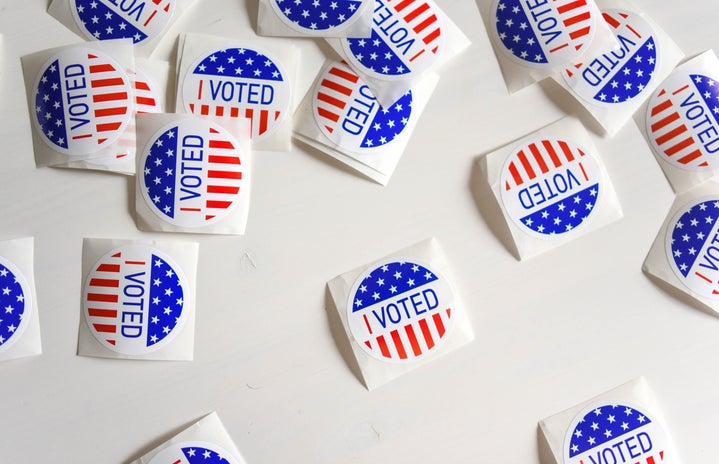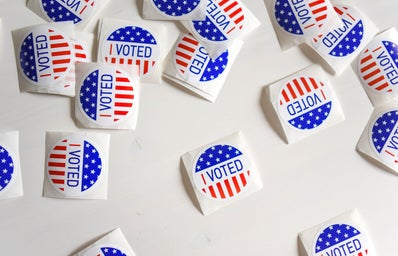Michael Bloomberg’s campaign ads have been everywhere recently. Pretty much much every time you see a youtube video or turn on the tv you see a Bloomberg for President ad. His most recent campaigning technique was releasing a series of memes as a part of his presidential campaign.
Bloomberg paid popular meme accounts such as KaleSalad and sonny5ideup to create memes for his campaign. The accounts posted screenshots of conversations with Bloomberg, the posts indirectly make fun of Bloomberg but disclose that the post was a paid sponsorship with Bloomberg for president. This can be seen as an attempt to seem like a “cool candidate” to appeal to young voters. Based on the comments on these memes, the response has not been positive. As cringy as people found Bloomberg’s attempts, people were also upset that the accounts chose to promote such content. Many scrutinized the accounts for promoting a candidate for money and threatened to unfollow the accounts.
Facebook and Instagram changed their policies to allow this sort of branded content. Sponsored posts for political campaigns used to not be allowed on Facebook because Facebook didn’t want people to think Facebook was endorsing certain candidates. A quote by Facebook from Politico states, “We’re allowing US-based political candidates to work with creators to run this content, provided the political candidates are authorized, and the creators disclose any paid partnerships through our branded content tools.”

Bloomberg’s expensive campaign techniques raise the question of if there should be a spending limit on presidential campaigns. Bloomberg is said to have spent around 188 million dollars just in the first two months of his campaign. That amount is higher than the net worth of most of the other candidates. There are currently no limits on spending on presidential campaigns. According to CNN, their rights to unlimited spending is protected by the First Amendment right to “unfettered speech.” Bloomberg’s ads (not including the memes) seem to be working. According to RealClearPolitics, many of the polls show Bloomberg in the top three. Bloomberg has yet to participate in a debate with his fellow candidates, and he was the last person to enter the race, yet he is polling so high; this is most likely due to his advertisements.
This also raises the question, Should Billionaires be able to buy their way to the nomination. Other candidates such as Bernie Sanders and Elizabeth Warren, who have based the majority of their campaigns around criticizing billionaires, have been highly critical of Bloomberg.
Another question raised: are memes and influencers the future of political campaigning? According to Wired, Bloomberg is not the only candidate that has turned to social media influencers for their campaign. A super PAC who supported Corey Booker also paid influencers to promote him. Tom Styer is also said to be working on influencer related publicity techniques.
With Facebook and Instagram’s new lenient policies on sponsored political advertising, it is possible that we might see more and more collaboration between political candidates and social media influencers.



